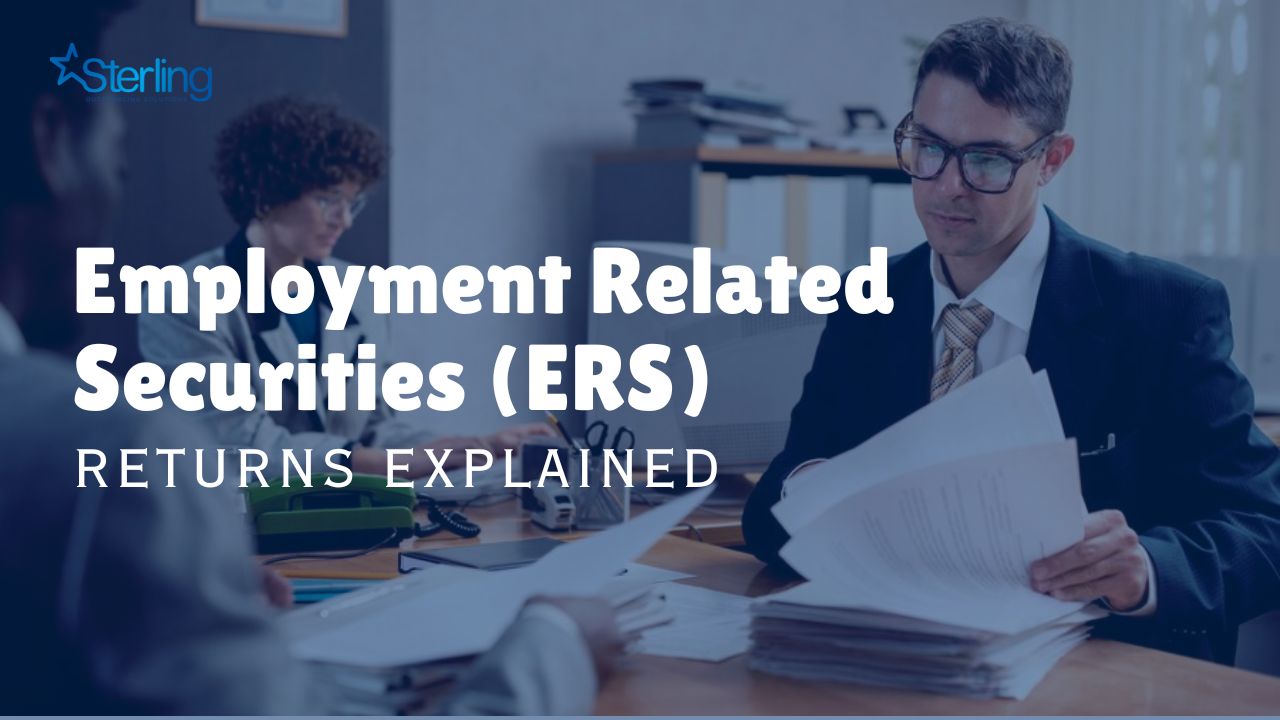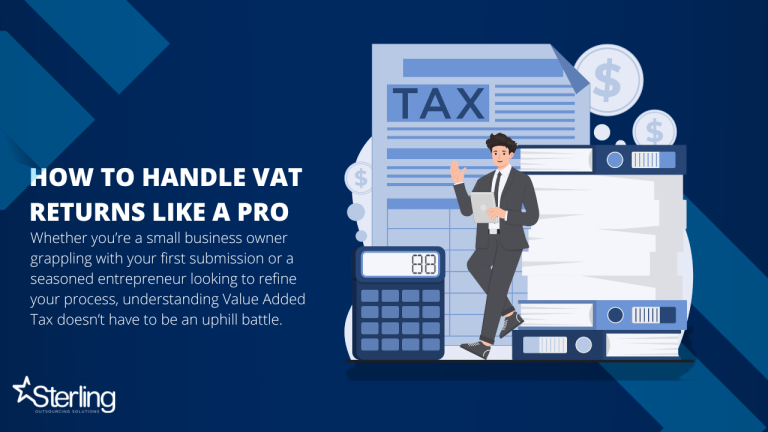Understanding ERS Returns
Returns for Employment Related Securities (ERS) are essential for tax compliance among UK firms that provide securities like shares and options to their employees. These returns are required to be filed each year with HMRC to disclose any transactions related to employment-related securities.
ERS returns enable the UK government to monitor and tax share-based remuneration effectively. Regardless of whether a company offers share options, restricted stock units (RSUs), or growth shares, all these transactions need to be reported.
Who Needs to File an ERS Return?
Any company in the UK that has an employee share scheme or provides securities to employees or directors must submit an ERS return. This requirement pertains to:
- Businesses that offer share-related incentives to employees in the UK
- Companies that issue share options or restricted stock
- Employers that provide convertible securities
- Firms involved in Enterprise Management Incentives (EMI) schemes
Failure to accurately and timely file ERS returns can lead to financial penalties and increased scrutiny from HMRC.
Tax Implications of ERS Returns
ERS returns are essential for guaranteeing that both organizations and their workers fulfill the correct obligations for Corporation Tax, Income Tax, and National Insurance Contributions (NICs) related to share-based earnings.
How Are ERS Transactions Taxed?
The tax treatment of ERS transactions depends on the type of securities issued and the circumstances under which they are acquired. Below are some common tax implications:
ERS Transaction Type | Tax Implication |
Grant of Share Options | No immediate tax unless granted at a discount |
Exercise of Options | May trigger Income Tax and NICs if not under a tax-advantaged scheme |
Restricted Stock Awards | Taxed as income at market value when restrictions lift |
Growth Shares | Capital Gains Tax (CGT) may apply upon disposal |
Companies should carefully evaluate their ERS returns process to determine the correct tax treatment and avoid unexpected liabilities.
Compliance with ERS Returns
-
ERS Returns Deadline
The ERS returns deadline for the tax year ending 5 April is 6 July of the same year. Employers must submit their ERS returns online via HMRC's Employment Related Securities service.
-
Steps to File an ERS Return
- Register with HMRC: Employers must first register their employee share schemes through their HMRC PAYE online account.
- Identify Reportable Transactions: Ensure that all relevant share-based transactions are recorded.
- Complete the ERS Return Form: Use the correct templates provided by HMRC.
- Submit by the ERS Returns Deadline: File the return via the ERS online service before 6 July.
Failure to comply with the deadline can result in penalties, starting at £100 for late submission and increasing for further delays.
What Are Reportable Transactions?
ERS returns require companies to report specific share-related transactions. Some key reportable transactions include:
- Granting of share options (whether approved or unapproved schemes)
- Exercise of options by employees or directors
- Acquisition or disposal of shares through an employee share plan
- Restrictions lifting on restricted stock
- Convertible securities being converted into shares
Even if no reportable events occurred in a tax year, businesses must still file a nil return to remain compliant.
Common Mistakes to Avoid When Filing ERS Returns
Filing ERS returns can be complex, and mistakes often lead to penalties. Here are some common errors to avoid:
-
Missing the ERS Returns Deadline
Late submissions result in immediate penalties, starting at £100, with further fines imposed for continued non-compliance.
-
Failing to Report All Transactions
Many businesses mistakenly believe that only certain share schemes need to be reported. However, ALL employment-related securities transactions must be declared.
-
Incorrectly Categorising Transactions
Understanding whether a share transaction falls under Income Tax or Capital Gains Tax is essential for accurate reporting.
-
Forgetting to File a Nil Return
Even if no transactions occurred in a given tax year, companies must submit a nil return to avoid penalties.
-
Incomplete or Incorrect Data Entry
Errors in company details, employee information, or transaction values can lead to compliance issues and potential fines. Companies should seek expert assistance or outsourcing solutions to ensure ERS returns are filed accurately and on time.
Benefits of Proper ERS Return Filing
Ensuring accurate and timely ERS return filing brings several advantages:
- Avoiding Penalties
By meeting the ERS returns deadline and complying with HMRC regulations, businesses can prevent unnecessary financial penalties.
- Improved Tax Efficiency
Properly categorised ERS transactions help companies and employees optimise tax liabilities while staying compliant.
- Stronger Corporate Governance
Accurate reporting enhances transparency and ensures compliance with UK tax laws, reducing legal risks.
- Enhanced Employee Trust
Employees appreciate clear and compliant reporting of their share-based compensation, fostering trust and engagement.
- Reduced HMRC Scrutiny
Companies that consistently file correct ERS returns are less likely to face audits or investigations from HMRC.
By understanding employment related securities (ERS), tax implications, and reporting requirements, businesses can maintain compliance while providing valuable benefits to employees. For expert assistance with ERS returns, tax compliance, and reporting, consider outsourcing to professionals who specialise in HMRC regulations and corporate taxation.




